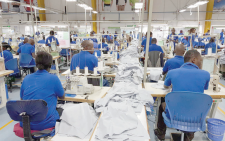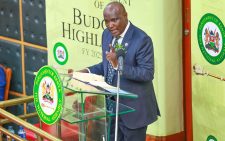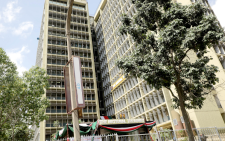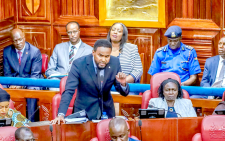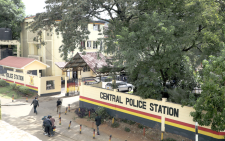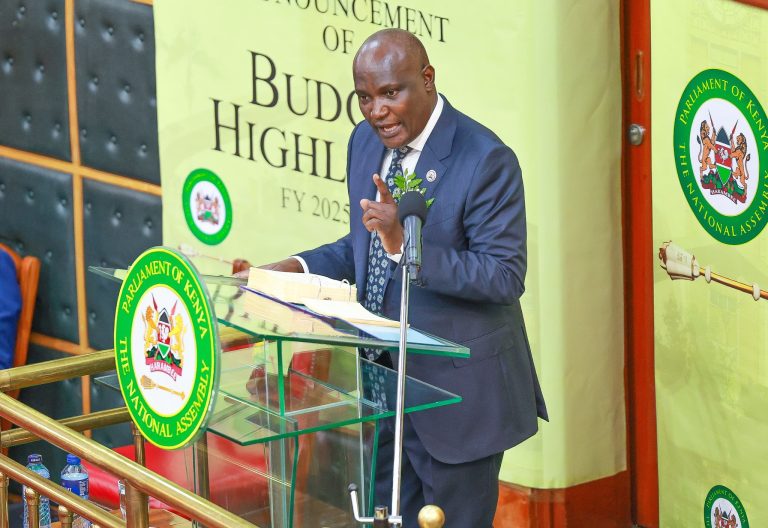Kenya to receive stolen monies seized in Jersey
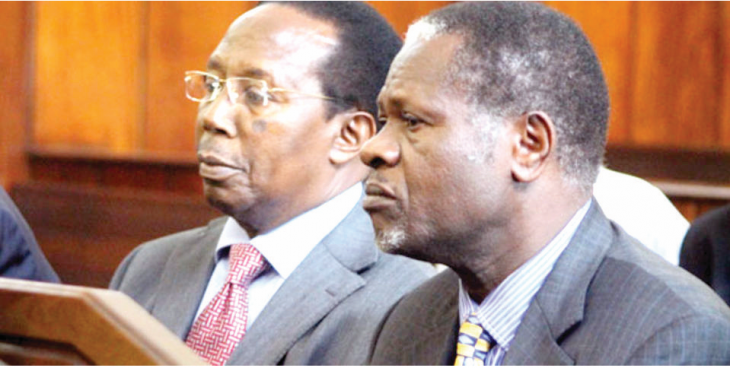
Millions of dollars allegedly stolen by Kenya’s richest men will be returned to the country to acquire Covid-19 equipment following a landmark agreement signed in London.
The deal with Jersey, a self-governing island in the English Channel, was hailed as “a victory for the people of Kenya” by its High Commissioner in the UK, Manoah Esipisu.
Entangled web of connections that eventually ended in this deal first emerged following a divorce case.
Back in 2006, Samuel Gichuru, the wealthy boss of Kenya Power, and his wife Salome Njeri were divorced.
When it came to splitting up their assets, Njeri felt she was not getting her fair share.
She alleged some of her husband’s assets were being hidden from the proceedings and, in court, listed details of accounts she said belonged to Gichuru in Jersey, which is often associated with secretive offshore banking and a low-tax environment.
That sparked a nine-year investigation by the Jersey authorities across 12 jurisdictions.
As part of that investigation, in 2011, Gichuru and former Finance Minister Chris Okemo were accused of taking kickbacks from multinationals that were sent to a Jersey-registered company.
Jersey authorities issued arrest warrants for duo and have been waiting for their extradition ever since. The economic crimes they were accused of included a deal with a Finnish firm to construct a power station near Mombasa, and taking millions of pounds in kickbacks from British, Norwegian and German engineering firms, as well as a US communications giant.
Despite repeated attempts to contact them, both men and their lawyers would not comment on the allegations levelled against them.
However, in 2016, the Jersey-registered company, Windward Trading Limited, pleaded guilty to four counts of money laundering in a Jersey court.
Court ruled that the company, whose ultimate owner was Gichuru, should be stripped of more than $4.9m (£3.6m) in assets for money laundering.
It is the majority of this money that allegedly came from corrupt activities in Kenya between 1999 and 2002 that is now being returned to the country.
Campaigners believe that Fracck is a model for a new way that ill-gotten gains can be returned.
UK is also a signatory to another agreement – the UN Convention against corruption – so is obliged to return criminal funds where conditions to do so are met.
But according to Steve Goodrich, head of research and investigations at Transparency International (TI) UK, returns from the UK often do not go directly to development projects.
Focus attention
He pointed to the return of money laundered by former Nigerian Delta state Governor James Ibori in 2012, which was given to the federal government there. And he was concerned that repatriated funds could get lost to corruption.
So Goodrich said this case was “a step in the right direction”.
But, he added: “To have “a credible deterrent” against those looking to stash their stolen money in the UK, he said the government “really needs to up its game” on asset recovery.” For example, he said, the UK should start by looking at what he believed was “over £5bn-worth of British property bought with suspect funds”.
This episode also focuses attention on Kenya’s fight against corruption.
The country is ranked 128th in the world in TI’s perceptions of corruption index, with public officials and business people open to bribery.
There are just months left before President Uhuru Kenyatta is due to stand down, having pledged to make fighting corruption part of his legacy.
As part of that, politicians and public officials are currently being asked to declare their wealth, with anti-corruption auditing in place.
Esipisu, who was once the President’s spokesman, said the Fracck agreement was a “huge contribution” to Uhuru’s agenda as it sent a signal that “corrupt people will not be safe simply because they hide their money abroad”.
He added, “Passionately, that “these are funds stolen from Kenyans, looted from Kenyans, and with this agreement, these funds are being returned to assist the Kenyan people for whom they were meant in the first instance. So this is a victory for the Kenyan people.”
With the funds now on their way from Jersey to Kenya, the focus turns to the possible extradition from Kenya to Jersey of the two accused men.
At the beginning of February, extradition proceedings finally got under way in Nairobi’s City Magistrates’ Court, after a 10-year legal battle over whether the government’s chief legal officer or the public prosecutor should be leading the case.

